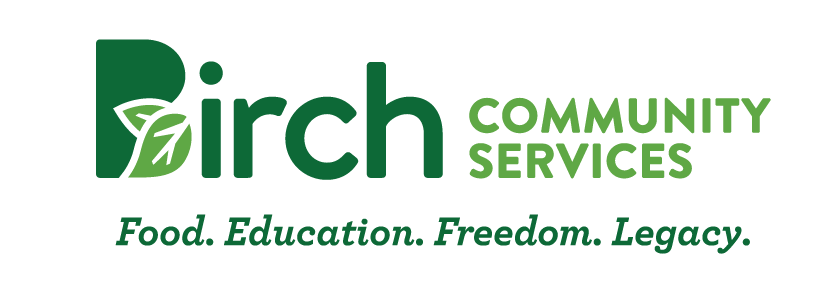If you haven’t read Part 1 and Part 2 of Paying for College Without Debt, go do that before moving forward in reading this post. In these two posts, you will learn how to assess which path to take for the career you want to pursue and then how to find major sources of funding to put yourself through school.
In this post we are going to focus on getting creative with funding before you head off to college.

School Specific Funding
There are a number of ways to get your funding together through the school you choose to attend. Here are a handful of ways to get creative with your funding through your school:
- Scholarships & Grants – Start with the school-funded grants (need-based funding) and scholarships (merit-based funding). Think through what you need to have done or meet to qualify and start finding these things out early in high school so you can get those things done.
- Bunching – This is where you have multiple students (typically kids) at the same school during the same time. You can also ask about benefits for alumni since most schools prioritize legacy students as a way to grow their student population.
- Payment Plan – You can pay for school over a shorter period of time (typically the length of a school year)
- PJ (Professional Judgment) – You can fill out an application to detail your personal financial changes and potentially get a changed FAFSA result.
- Washington Residents and Oregon Residents can use a matching program to save for college.
- Earn college credit through CLEP or DSST testing. Schools typically will allow up to between 2 and 4 classes to be received this way.
- Schools like PSU have programs like Four Years Free (for high school seniors entering as a college Freshman) or Transfers Finish Free (for those transferring into PSU as Oregon residents coming from other Oregon schools). These programs can cover the base cost of tuition if you meet all of the requirements.

Individual Funding
Keep in mind that all of your individual funding decisions need to be filtered through your FAMILY VISION (as all of your major decisions should be). Here are some ways to fund your education that you can do before finishing high school (or before beginning a new course of study if you are returning to school later):
- Budget – You need to budget as a college student just like you should in other life phases. If you are going to be spending tens of thousands of dollars a year, then you absolutely have to have a budget.
- Sell Stuff – You or your parents may have excess items lying around your house collecting dust, that you could sell. Just be sure to ask your parents before you accidentally sell a family heirloom.
- Save Money – Credit Unions are a great place for those under 18 to start saving (ie. OnPoint Credit Union) or if you have over 5 years you can save for Series I Bonds are an excellent option. You can also find decent rates with online banks (though not nearly as good as Credit Unions or bonds).

During High School
There are a number of factors to consider before you head off to college. These are things to think about when you start high school, rather than waiting until your senior year to think through them.
- Grades – Obviously the better your grades, the more options you will have for funding help
- Student Portfolio – Grades aren’t the only consideration. Schools look at the full trajectory of the student from the kind of classes you took in high school to the weight of those classes (ie. AP or Honors classes).
- Dual Enrollment – This is where you can take college courses paid for through your high school that will count both for high school and college credit.
- Testing – Tests like the SAT and ACT can be a benefit in rounding out your portfolio. For example, if you have higher test scores but lower grades.
- Part-time Job(s) – You can work starting as young as 14 to begin saving up for college or training.
- Volunteering – You can gain professional experience, build your resume, and test out different career paths to be sure of the direction you want to pursue.
- Gap Year – Common in other countries, a gap year can be a great chance to work, volunteer, and really prepare to begin your studies starting off on the right foot.
